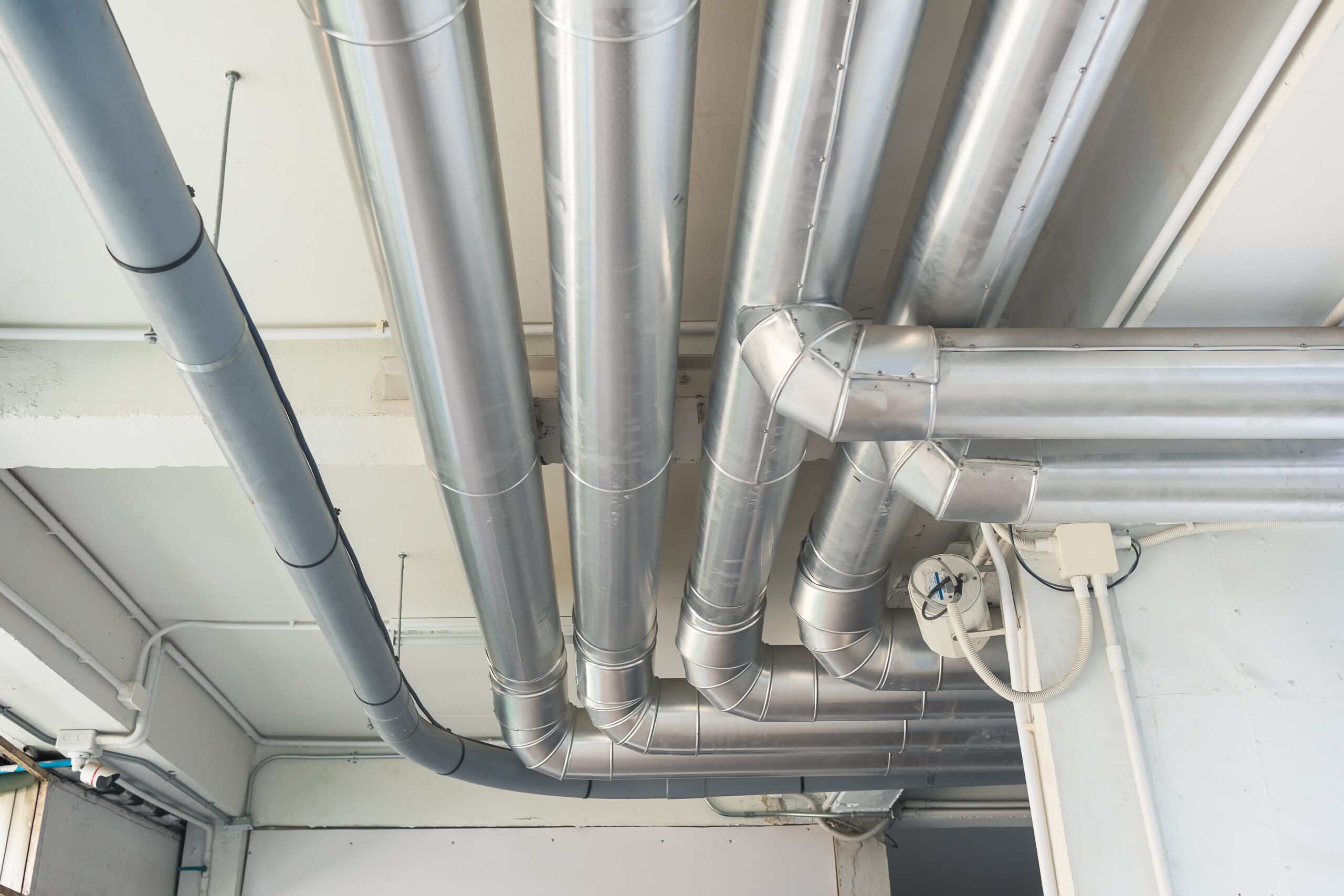Heat pipes are innovative thermal management devices that offer numerous advantages in various applications. From electronics cooling to spacecraft thermal control, heat pipes have revolutionized heat transfer technology. Let’s delve into the advantages of using a Heat pipe in different industries and applications.
Efficient Heat Transfer
One of the most significant advantages of a Heat pipe is its exceptional efficiency in transferring heat. Unlike conventional methods like air cooling or liquid cooling, heat pipes can transfer large amounts of heat with minimal temperature gradients. This efficiency is achieved through phase change heat transfer, where the working fluid inside the heat pipe undergoes a rapid transition between liquid and vapor phases, effectively transferring heat away from the source.
Passive Operation
Heat pipes operate passively, requiring no moving parts or external power sources. This inherent simplicity makes them highly reliable and maintenance-free. Once installed, heat pipes can continuously transfer heat without the need for supervision or intervention, making them ideal for remote or inaccessible locations.
Reliability
Due to their simple design and lack of moving components, heat pipes boast exceptional reliability. They have a long operational lifespan and can withstand harsh environmental conditions, making them suitable for demanding applications in industries such as aerospace, automotive, and electronics.
Versatility
Another advantage of heat pipes is their versatility. They can be customized to meet specific thermal management requirements, including size, shape, and material composition. This flexibility allows engineers to integrate heat pipes into a wide range of applications, from consumer electronics to industrial machinery.
Cost-effectiveness
Despite their advanced capabilities, heat pipes offer a cost-effective solution for thermal management. Their low energy consumption, minimal maintenance requirements, and long service life contribute to overall cost savings compared to traditional cooling methods.
Space-saving Design
Heat pipes have a compact and lightweight design, making them ideal for space-constrained applications. Their high heat transfer efficiency allows engineers to design more compact and efficient cooling systems, saving valuable space and reducing overall system footprint.
Environmental Benefits
Heat pipes contribute to environmental sustainability by improving energy efficiency and reducing greenhouse gas emissions. By efficiently transferring heat away from electronic components and machinery, heat pipes help reduce the energy consumption of cooling systems, leading to lower carbon footprints and environmental impact.
Heat pipes offer numerous advantages over traditional cooling methods, including efficient heat transfer, passive operation, reliability, versatility, cost-effectiveness, space-saving design, and environmental benefits. Their widespread applications across various industries underscore their importance in modern thermal management systems.


